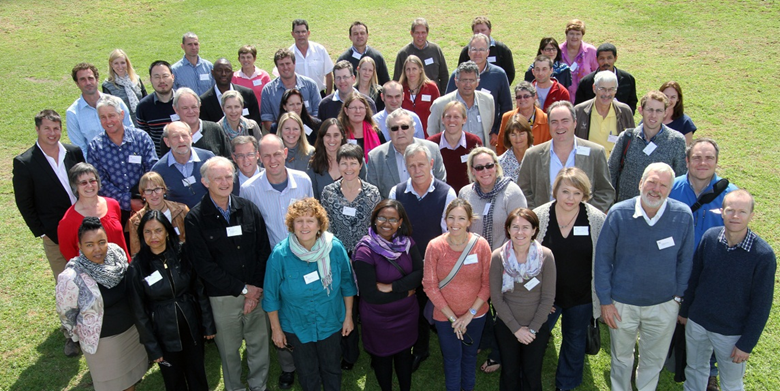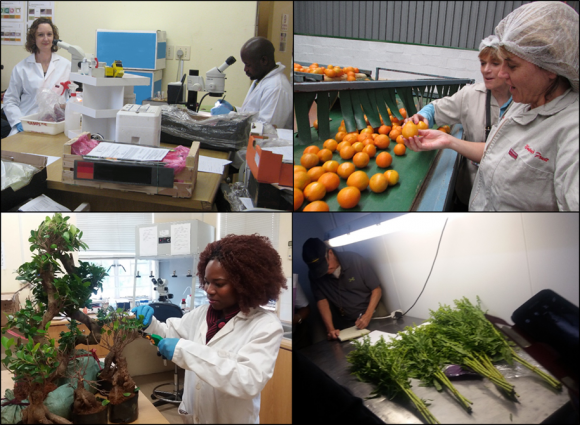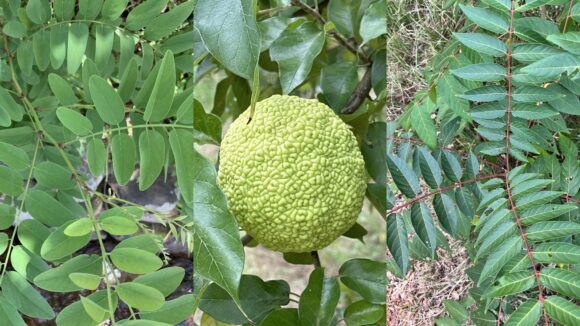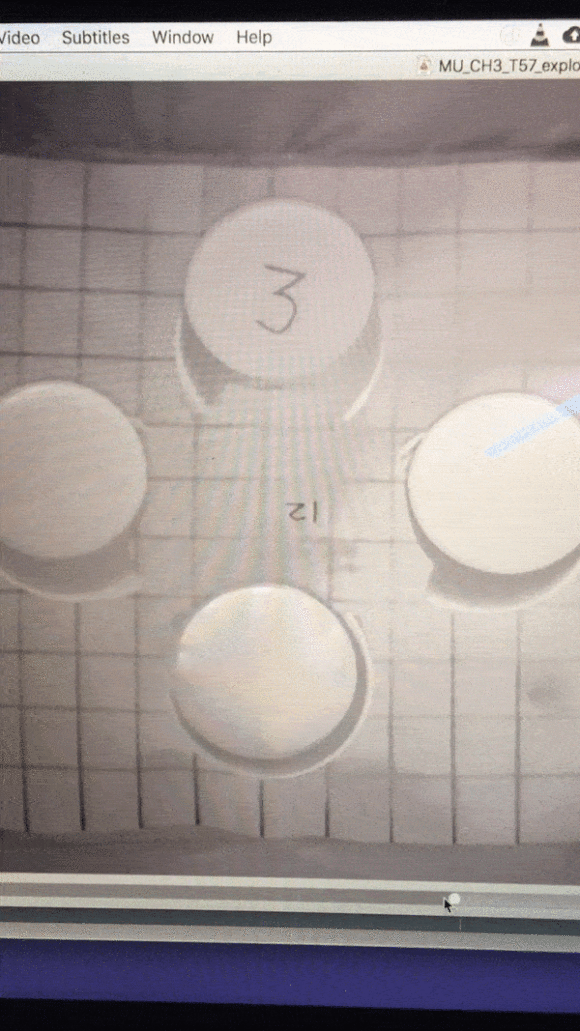It is ten years since the launch of the C·I·B in September 2004, and last month we held our first Partners Conference in Stellenbosch to celebrate the success of our current partnerships and to explore new areas of collaboration.
The conference brought together Centre members and partners from research organisations, conservation authorities, NGOs and government departments, and was attended by some of South Africa’s top conservationists, officials and invasive species managers.
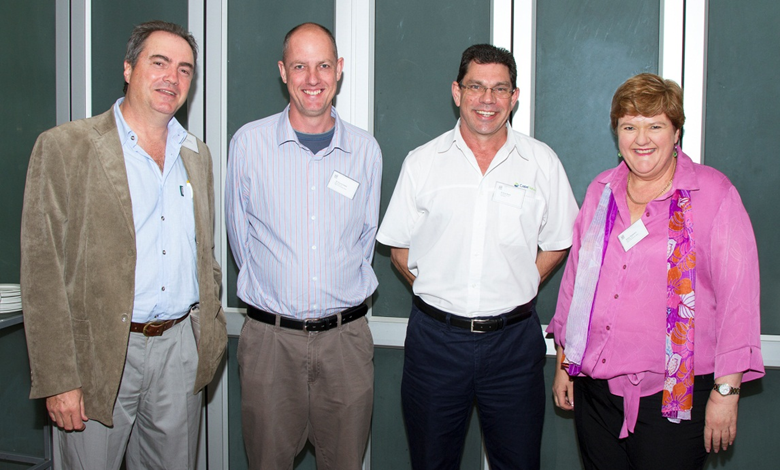
The conference was structured around four main themes: current and potential future priorities of the C·I·B; long-standing research partnerships; applied partnerships; and the C·I·B as the research partner of choice where invasive species are concerned. It began with an overview of some highlights and challenges that the C·I·B faced in its first decade and a discussion of ideas for the future. Achievements and contributions made by the Centre over the past 10 years were captured in a recent article in the South African Journal of Science.
“The partnership with the C·I·B provides CapeNature with a cutting-edge science partner who is leading the field in invasion biology. This means we as conservation agency can put our invasive alien species management on a solid scientific base and provide the conservation manager in field with effective decision support.” says Dr Ernst Baard, Executive Director: Biodiversity Support at CapeNature.
“Through the C·I·B/City of Cape Town partnership, research is translated into management practices. Scientists work with practitioners to provide scientific input at different stages of the invasive species management process, thereby informing decision-making and improving planning and prioritization.” says Louise Stafford, Invasive Species Coordinator at City of Cape Town.
As the second meeting in the C·I·B’s strategic planning process for 2015 to 2019, one goal of the conference was to establish how the C·I·B can adapt to meet new challenges that are emerging for our partners and in the field of invasion biology generally. The conference allowed the C·I·B to better understand the needs of its key partners and to identify areas where new collaborations should be considered.
Errol Douwes, Manager of the Restoration Ecology Branch at eThekwini Municipality says: “The conference provided a platform for understanding both the immensity of what the C·I·B has achieved, over the past 10 years, as well as how future partnerships will help build and strengthen this legacy. Particularly useful was the discussion about the roles that cities and local government have to play. It’s my hope that eThekwini Municipality will soon contribute, through a formal partnership, with the C·I·B.”
C·I·B Director Dave Richardson says: “The conference was hugely useful. We received very positive feedback from our partners on many existing collaborations as well as many new ideas for new collaborations that need to be set up.”
Read the article
